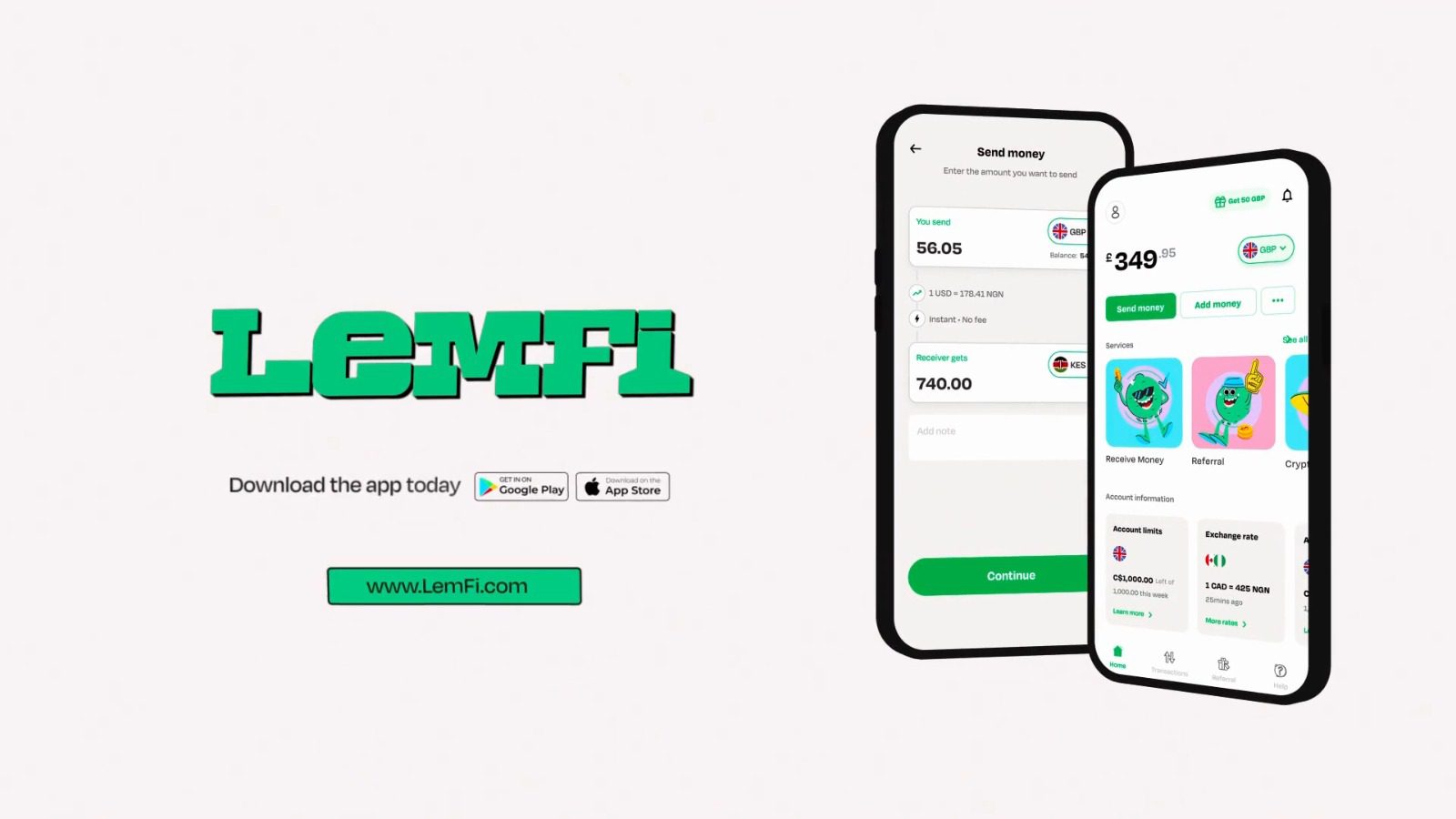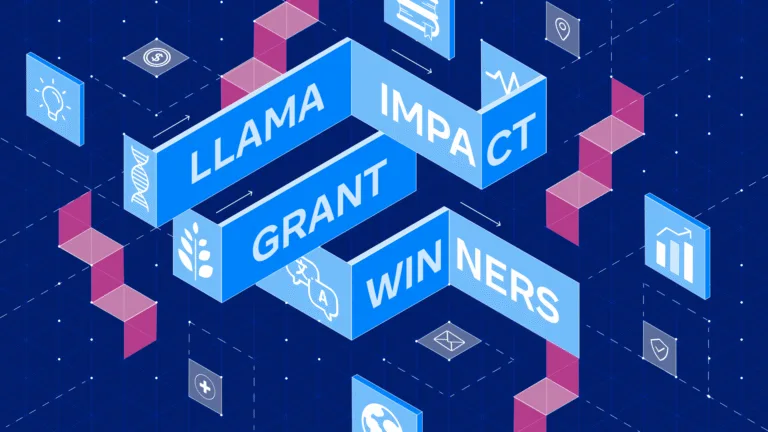Fintech startup LemFi, a financial services platform tailored for immigrants, has raised $53 million in a Series B funding round. This new capital injection will fuel the company’s expansion into Europe and Asia, further solidifying its position as a disruptor in the global remittance market.
For millions of immigrants, sending money home isn’t just a financial transaction—it’s a lifeline. It’s the ability to fund a child’s education, support aging parents, or help loved ones build a better future. Yet, the process has often been riddled with high fees, slow transfers, and frustrating barriers. That’s where LemFi steps in, reshaping this experience by offering a fast, secure, and affordable way to connect families across borders. With LemFi, sending money isn’t just about transferring funds; it’s about sending hope, opportunity, and love back home.
For many emerging markets, remittances are a vital source of income, often outpacing foreign direct investment as a key contributor to GDP. According to the World Bank, global remittance inflows reached $669 billion in 2023. While traditional banks still dominate the sector, controlling over 60% of the market, a new wave of fintech players—like LemFi, Remitly, Zepz, and Taptap Send—are challenging the status quo.
Since its launch in 2020, LemFi has rapidly grown by catering to diaspora communities in North America, Europe, and beyond, enabling them to send money seamlessly to over 20 countries across Africa, Asia, and Latin America. Countries such as Nigeria, Kenya, India, China, and Pakistan have been key recipients of LemFi’s services.

Stellar Growth and Recent Achievements
In 2023, LemFi processed $2 billion in annual transaction volume. Fast forward to now, the fintech startup has achieved a staggering $1 billion in monthly payment volume (TPV)—a testament to its rapid growth. A significant driver of this surge is its Asian corridor, which alone accounts for $160 million in monthly TPV and is growing at an impressive 30% month-on-month since its launch in 2024.
LemFi’s commitment to robust fraud detection has been instrumental in its success. By maintaining an exceptionally low fraud rate, LemFi has built a reputation for trust and affordability, offering customers competitive pricing while keeping costs down.
The company has also maintained strong customer retention, with 70% of its earliest users still actively using the platform and 60% of its total customer base transacting yearly.

Series B Funding Details
The $53 million funding round was led by Highland Europe, a growth-stage investment firm known for supporting startups with annual revenues exceeding €10 million. Existing investors, including Endeavor Catalyst, Left Lane Capital, Palm Drive Capital, and Y Combinator, also participated in the round.
This latest investment brings LemFi’s total funding to $85 million since it was founded by Ridwan Olalere and Rian Cochran, former executives at African fintech unicorn OPay. The funding round reportedly closed in just four months, underscoring investor confidence in LemFi’s growth trajectory.
European Expansion and Strategic Partnerships
LemFi’s expansion into Europe gained momentum last week through its partnership with Modulr, an embedded finance provider. The fintech also acquired an unnamed Republic of Ireland-based company, which will allow it to operate independently in Europe starting next month.
The funding will be used to acquire additional licenses, scale LemFi’s payment network, and launch hyper-localized services. The company also plans to roll out a debit card offering for customers in the US, UK, and Canada.
With over 300 employees spread across North America, Europe, Africa, and Asia, LemFi is preparing for its next phase of growth. “Scaling has become easier for us because our technology is adaptable and can plug into different payment methods and schemes,” said co-founder and CEO Ridwan Olalere in an interview with TechCrunch.
LemFi’s rise underscores a broader trend of fintech startups transforming the remittance industry, making cross-border payments faster, more secure, and more affordable for immigrant communities.




